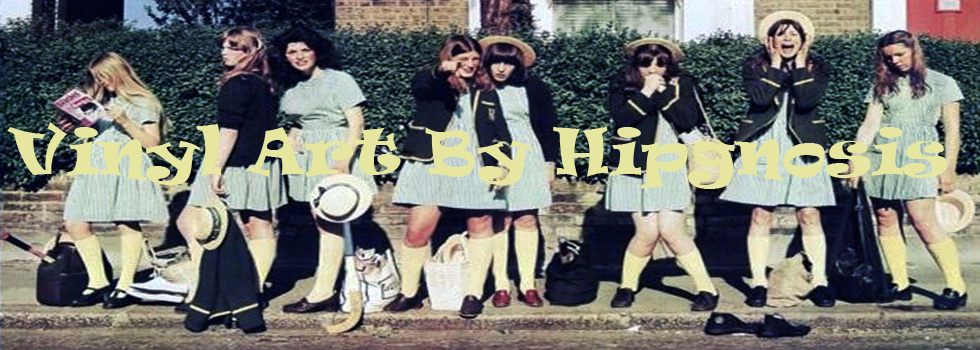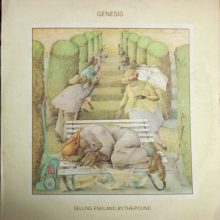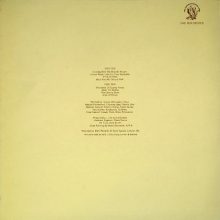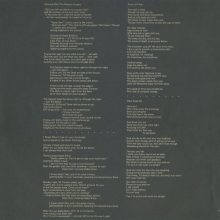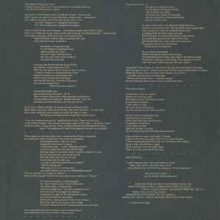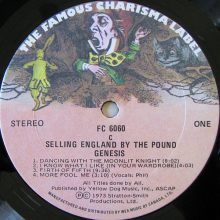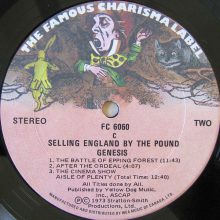Biography
Genesis started life as a progressive rock band, in the manner of Yes and King Crimson, before a series of membership changes brought about a transformation in their sound, into one of the most successful pop/rock bands of the 1980s and 1990s. In addition, the group has provided a launching pad for the superstardom of members Peter Gabriel and Phil Collins, and star solo careers for members Tony Banks, Michael Rutherford, and Steve Hackett. Their roots go back to 1965 and a pair of rival groups, the Garden Wall and the Anon, formed by students at the Charterhouse School in Godalming, Surrey. They merged, with the result that 15-year-olds Peter Gabriel, Tony Banks, and Michael Rutherford joined with 14-year-old Anthony Phillips, calling themselves the New Anon and recording a six-song demo featuring songs primarily written by Rutherford and Phillips. Charterhouse alumnus, recording artist, and producer Jonathan King heard the tape and arranged for the group to continue working in the studio, and it was also King who renamed the band Genesis. Genesis then lost two members. Mayhew left over the unhappiness with aspects of his playing, and was replaced by Phil Collins, a former child actor turned drummer who had previously played with Flaming Youth — he also added an occasional additional lead vocal to their sound. Much more unsettling was the departure of guitarist Anthony Phillips, who had developed crippling stage fright. For some time afterward, Genesis worked as a four-piece with the guitar parts covered by Banks’ keyboards. Finally, just prior to Genesis beginning work on their next album, their lineup was completed with the addition of guitarist Steve Hackett, a former member of Quiet World.
